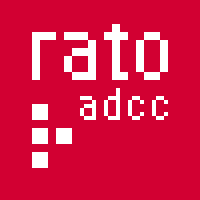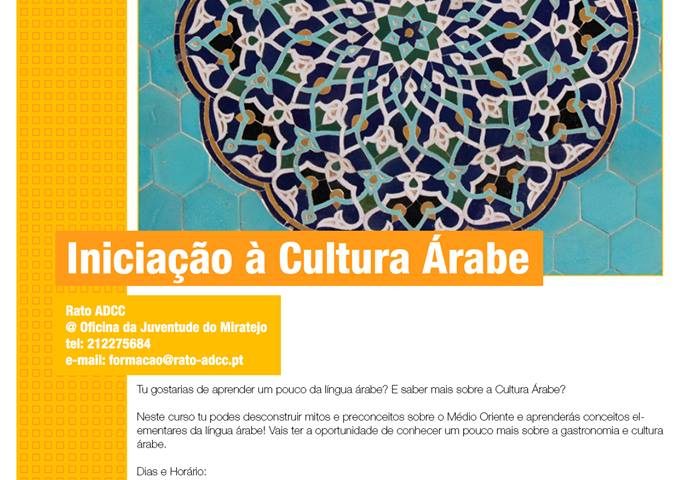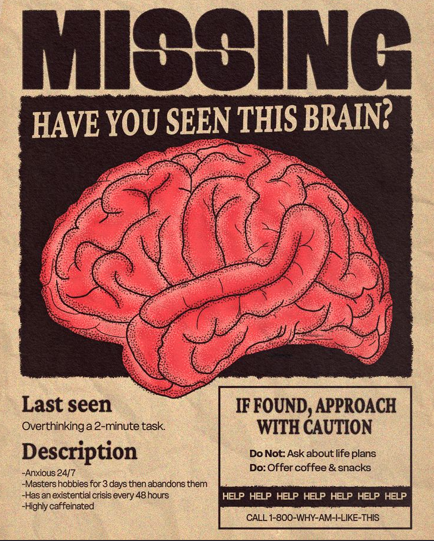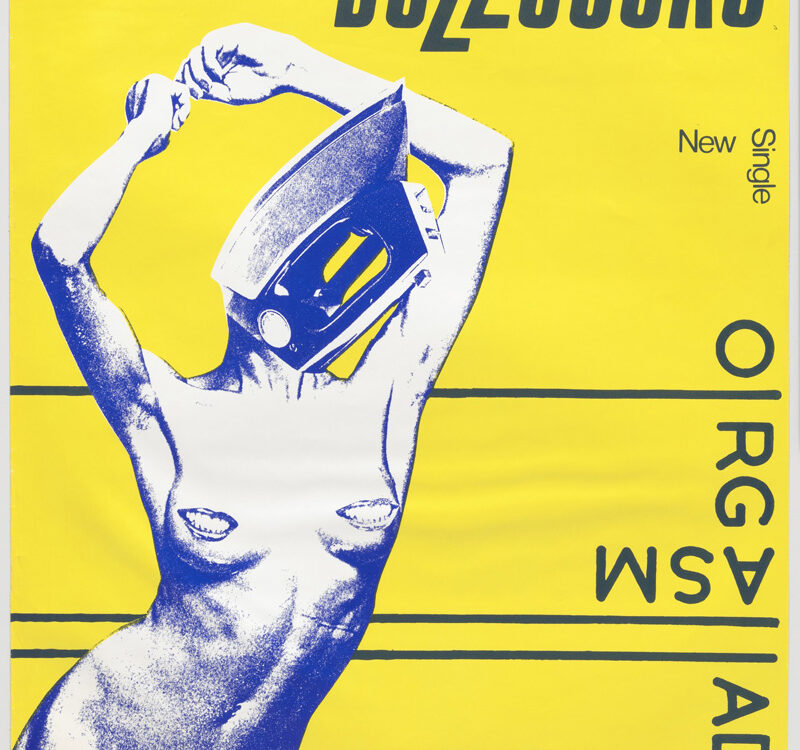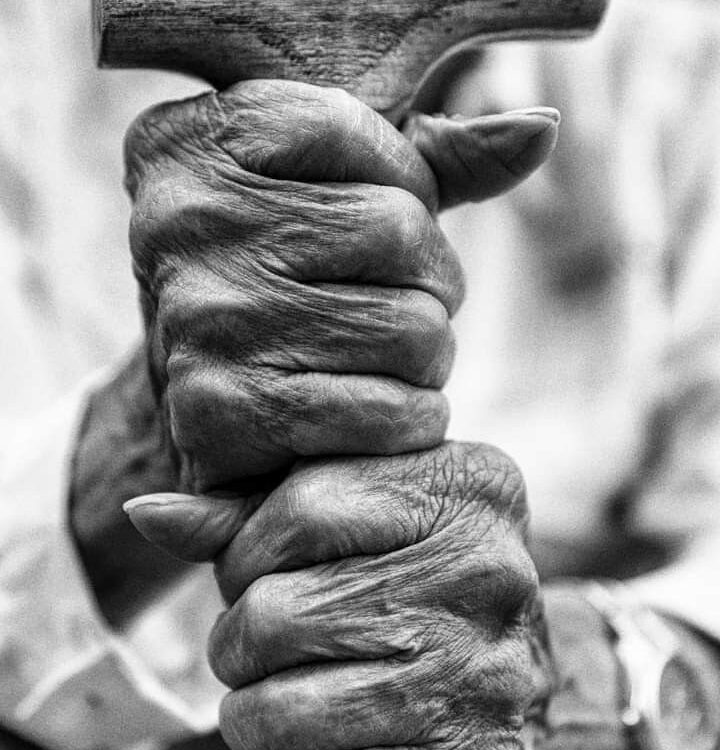I didn’t think I would really learn more about my own culture in Portugal, but I did.
Few weeks ago, we announced that we will conduct sessions about the Arabic Culture. Last week, I facilitated two sessions and yesterday was the third.
First session I prepared, I was trying to tackle some stereotypes about the Middle East, Arab world and Islamic Countries. Preparing for it was tricky, I was a little lost in what should I present. I wanted to talk about so many things, about what I understand and know of my culture, about my language, my religion, I wanted to break stereotypes related to Arabs but I didn’t know where to start or what exactly to introduce. I tried to think of the questions I have been asked so many times and try answer as much as I could of these common questions. Second session was about the main thing that connects Arab countries, the Arabic Language. It was really difficult to introduce sounds and letters we have in Arabic that don’t exist in Latin languages, sounds that are easy for us to pronounce but was difficult for participants. Third session was about the costumes and culture. When it came to this part, I was officially lost. It is funny how you think you are part of a culture but when it comes to speaking about it you find nothing to say.
I was asking myself: what is my culture exactly? What are the traditions and costumes I practice? It was difficult to identify an “Arabic Culture”. I don’t know the costumes followed in Arabic North African Countries. So I tried to narrow it much more into where I was raised, Jordan. I started looking at the music, movies and dance, I was thinking of traditions in weddings, family gatherings and everyday life. I realized how our culture is influenced by the west, the music now is more rock and rap, the fast food industry is rising, you can find franchises like McDonald’s, KFC and Starbucks in every corner.
Searching more and more on what to present in these sessions, I can only say I realized some things I didn’t know were unique in our society, costumes that help mold and shape our community, but I came to these main understandings (my own understanding):
-
Arabic culture is not one specific thing, it varies and changes from place to place and from time to time, we cannot say that there is one Arabic culture spread in all Arab countries. These countries have the language in common, the religion of Islam widely spread in this area, and this is the extend of it.
-
We are very much influenced by the west world. The reasons are ambiguous to me but very evident how the culture is affected by the mainstream western pop culture, evident in food, music and media. Shirts with famous bands and TV shows, advertisements quoting lines from series or even music that was translated and abused in a local way.

(Ramadan Is Coming – Advertisement for a drink so popular in Ramadan time)
-
English becoming a sign of hip and cool. In Jordan now we use a lot of English in our daily life. English is becoming a must in the world especially to develop professionally. But for us in Jordan, English is becoming a communication tool between locals, Arabic speaking citizens, a sign of modernity and hip culture.
-
Religion is the culture. Since Islam is the widely spread religion, the practices have became more of a daily life activity, as it is the more common sight around you, it is part of the culture. For example, when we want to say something or someone is beautiful we say “MashAllah” which means: God’s well, and it’s a way to wish God protecting this beauty. We also reply when someone asks how are you, we say “Allah Ysalmak” which means may God keep you safe, rather than answering how we actually are. So many other expressions everyone uses and it’s related to God’s greater power of creation and protection.
All these things and much more are things I actually was living and know but never realized them clearly. It’s interesting how one opportunity makes you look into your life in a different perspective. It’s more interesting to see how people react to know more about your background, and see the similarities of cultures and how in a way or another we are more similar than we think.
